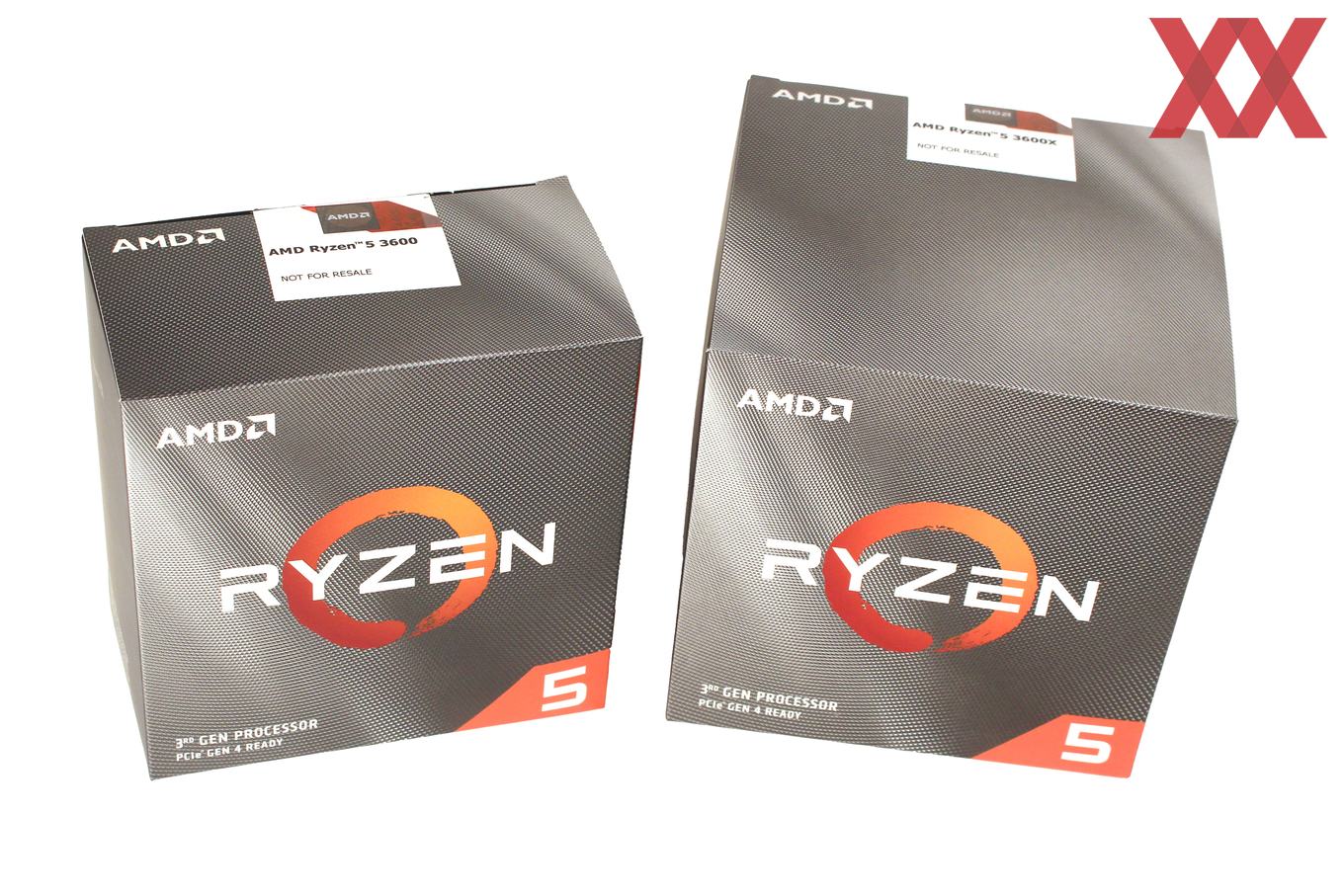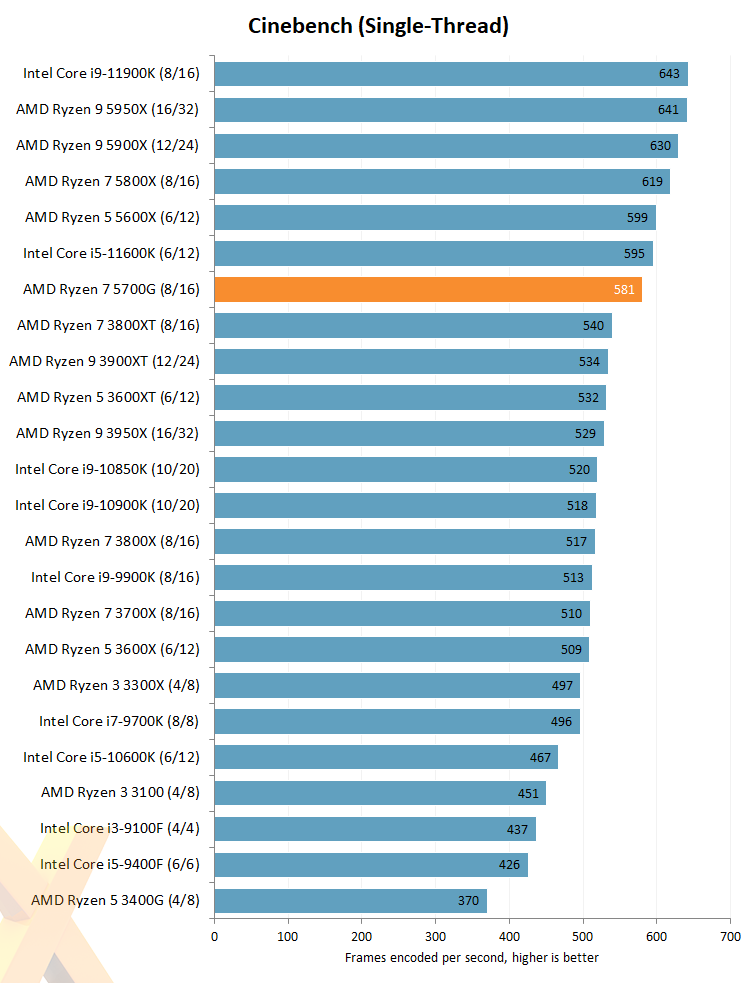
Note this may include abusive, threatening, pornographic, offensive, misleading, or libelous language. Comments and usernames containing language or concepts that could be deemed offensive will be deleted.Discussions about politics are not allowed on this website. Including a link to relevant content is permitted, but comments should be relevant to the post topic. Comments deemed to be spam or solely promotional in nature will be deleted.With such a score, this CPU is performing 10% higher than i9-13900K at 5.5 GHz and 16% higher than Core i9-12900K at 5.2 GHz. Here a different board was used: ASUS ROG Strix Z690-A Gaming with DDR4 memory.Ĭore i7-13700K 16C 5.8 GHz, Source: Anonymous The CPU package temperature is reported at 28-38☌ at 1.5V (so again temperature reported after test). In this case the CPU scores 947 points in single-thread test and 12896 in multi-threaded. The Performance cores are clocked at 5.8 GHz while Efficient cores run at 3.7 GHz. The other shows the same CPU but with hybrid cores enabled, this means that all 16-cores available. The screenshot shows 1.421V voltage and temperature between 25 to 37☌ temps, indicating that this screenshot was captured post-test. In this case, the CPU scored 983 points in single-thread CPU-Z benchmark, which is even higher than leaked Core i9-13900K running at 5.5 GHz on all Performance cores.īy disabling ‘small’ cores, the multi-core test result is obviously affected, and it is reported at 7814 points. The first one shows the processor reaching 6 GHz with all 8 Performance cores and hybrid mode disabled (so no Efficient cores). Two tests featuring alleged Core i7-13700K have allegedly been leaked.

We make use of a 240mm LCS cooler, you can see that the processor runs ~60, under heavy load.Ībove: Ryzen 5 5600X, look at ALL cores can hit 46.5x.We received screenshots which appear to show a 5.8-6 GHz CPU clock on a 16-core CPU. Therefore we simply plot a temperature stress test. Also, coolers (RPM) react differently to TDP and variables defined in your motherboard BIOS. The reason we do not table up temperature results and compare is that we'd need to apply the same cooling over and over on all platforms.
#RYZEN CPU STRESS TEST SOFTWARE#
Unless you transcode video with the right software your average power consumption will be much lower. Next to that, we stress all CPU cores 100% and thus show peak power consumption. These parts all consume power, so these results are a subjective indication. Your attached components use power but your motherboard can also have additional ICs installed like an audio controller, 3rd party chips, network controllers, extra SATA controllers, extra USB controllers, and so on.

#RYZEN CPU STRESS TEST PC#
We want to make it very clear that power consumption measurements will differ per PC and setup.

Your average PC can differ from our numbers if you add optical drives, HDDs, soundcards etc.Īlso do not rule out anything RGB these days, an RGB lit motherboard, Keyboard, Liquid cooler, and mouse these days can easily add 10 to 15 Watts of power consumption to that Wattage budget. Keep in mind that we measure the ENTIRE PC, not just the processor's power consumption. This number depends and will vary per motherboard (added ICs / controllers / wifi / Bluetooth) and PSU (efficiency). We show energy consumption based on the entire PC (motherboard / processor / graphics card / memory / SSD).


 0 kommentar(er)
0 kommentar(er)
